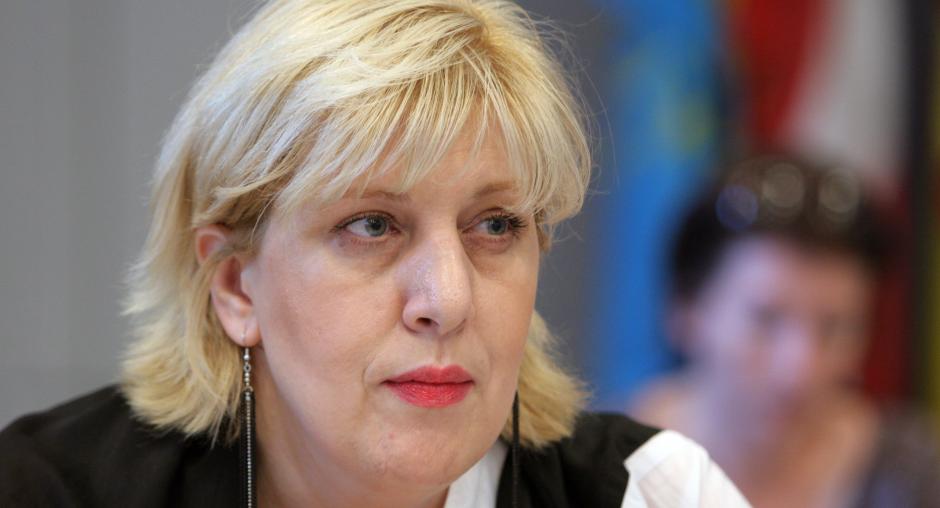OSCE meeting promotes pluralism in new media, warns of excessive regulation of Internet content

Promoting pluralism in new media, including the Internet, is the focus of a two-day OSCE meeting that started on 7 July 2011.
The Office of the OSCE Representative on Freedom of the Media and the OSCE Office for Democratic Institutions and Human Rights co-organized the meeting. More than 200 participants from more than 40 countries will discuss efforts to keep new media, including digital broadcasting, social media and the Internet, free from unnecessary government restrictions.
Participants include officials from OSCE participating States, Institutions and field operations as well as representatives of international governmental and non-governmental organizations, media and civil society leaders.
During the meeting, the Representative on Freedom of the Media, Dunja Mijatović, will present a comprehensive study of legal provisions and practices related to freedom of expression, the free flow of information and media pluralism on the Internet in OSCE participating States.
“Technological advances have made the dream of instant, worldwide communications a reality. It is imperative that this technology be the engine that fosters free media and expands the opportunities for people to freely exchange views,” Mijatović said. “The study on Internet regulation, however, shows that new media are under threat by governments throughout the region. We must reverse this negative trend.”
Speaking on behalf of Lithuania’s 2011 Chairmanship of the OSCE, Andrius Krivas, the Deputy Head of Lithuania's Permanent Mission to the OSCE said: “Media pluralism, which is the opportunity to have many voices heard, whether the platform is digital broadcasting, the Internet, mobile telephones or more traditional media, must become a reality.”
Participants will discuss challenges to media pluralism – the expression of multiple views on public issues – and how technological advances require new approaches to safeguarding existing OSCE commitments on media pluralism and freedom.
The meeting agenda also includes discussion on the opportunities presented by the switch from analogue to digital terrestrial broadcasting, a transition that is set to take place in most OSCE participating States in the coming years.
For information on the digital switchover, see: //www.osce.org/fom/41654
